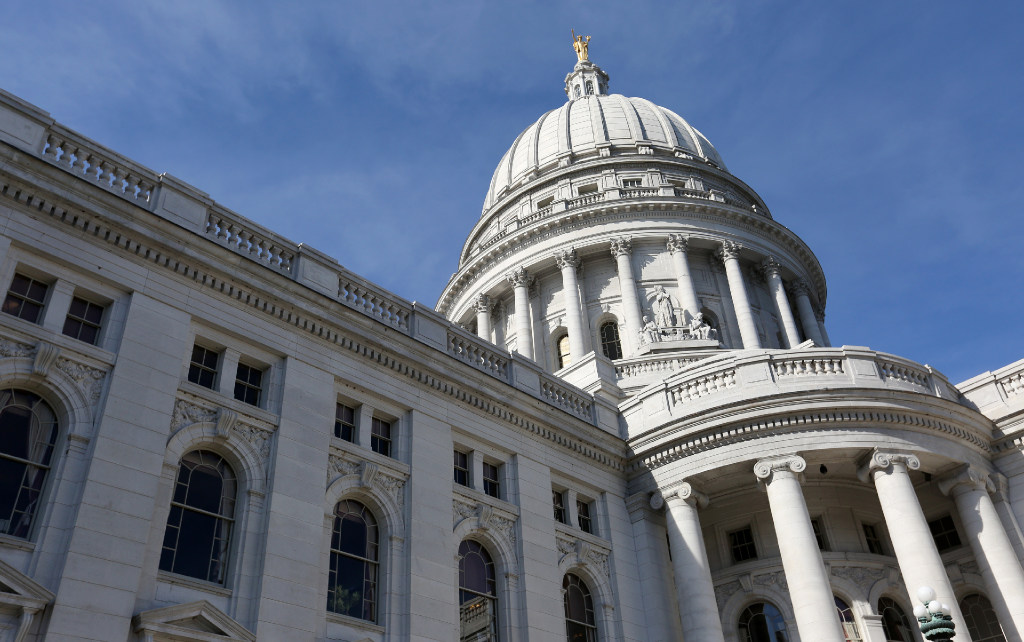GOP lawmakers have begun circulating a half-dozen bills that would impose new ID requirements on absentee ballots, create new restrictions on collecting those ballots and explicitly ban employees in assisted living facilities from unduly influencing residents' votes.
The bills come on the heels of GOP calls for new election measures after former President Trump lost Wisconsin to Joe Biden by less ...
Please log in to access subscriber content.
If you don't have a subscription, please contact schmies@wispolitics.com for subscription options on the WisPolitics-State Affairs platform, which is the new home for WisPolitics subscriber products.


